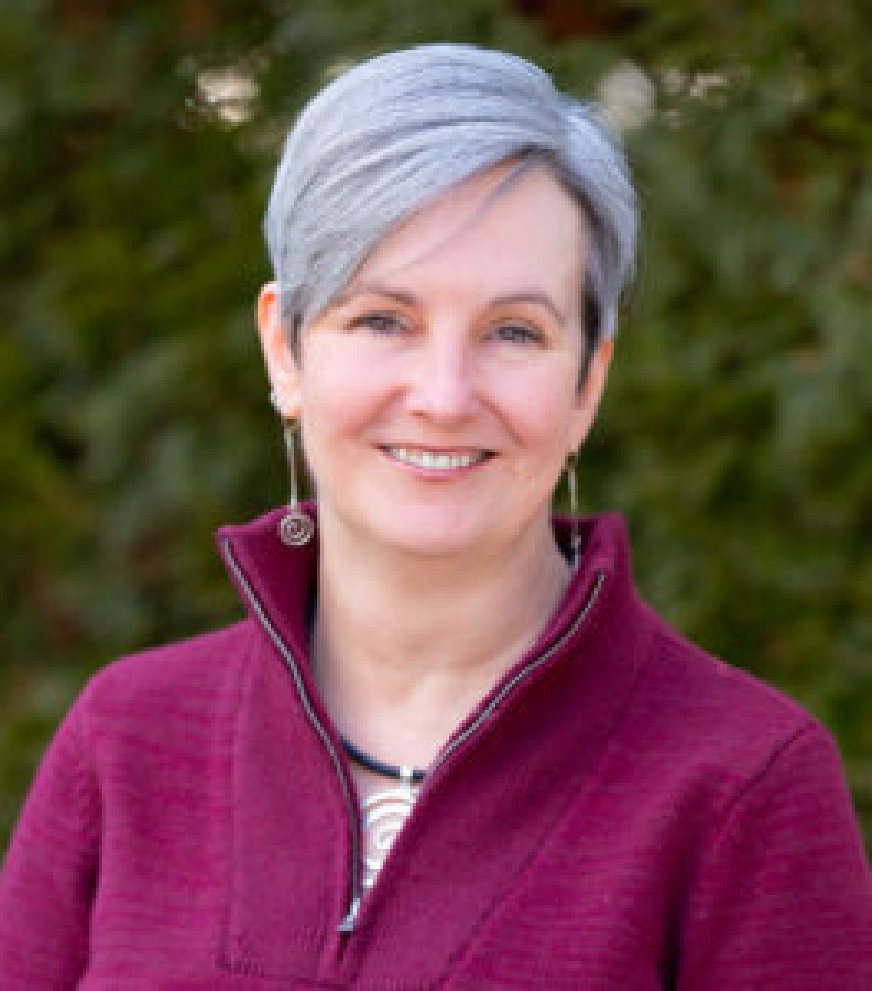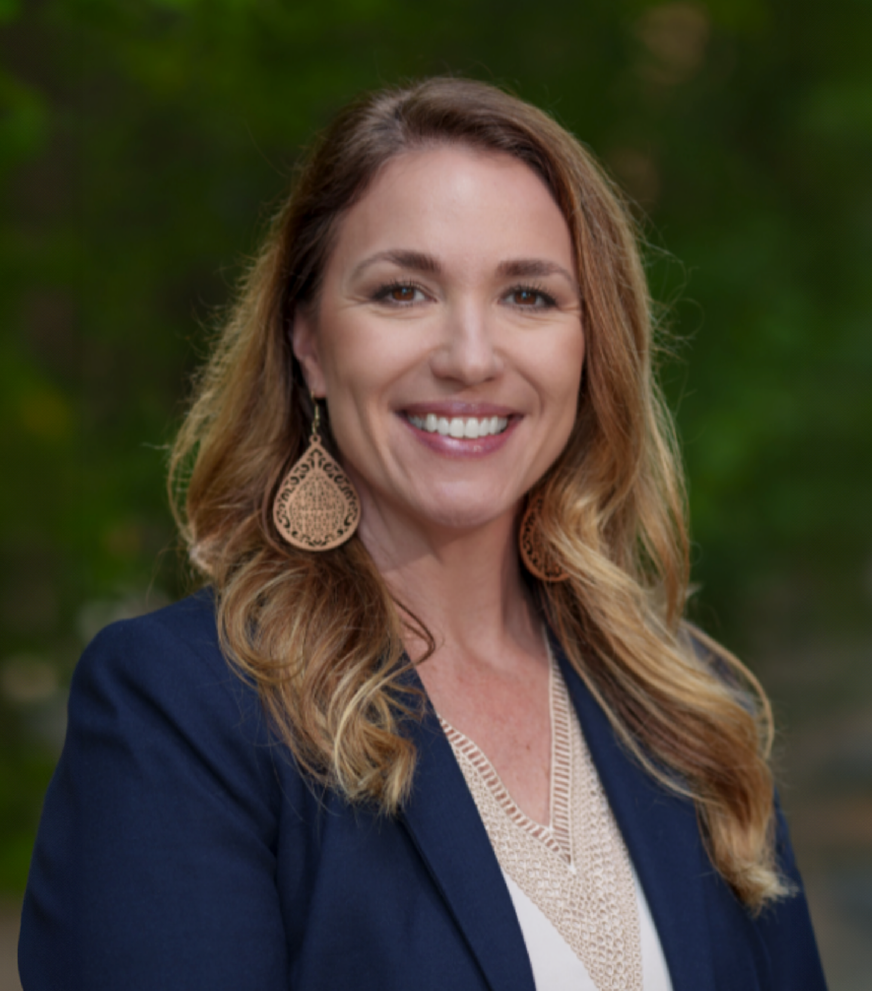
Improving Balance in Assessment Systems: Let’s Learn Together
RILS Conference 2025
When we began our planning for RILS 2025, it was no surprise to anyone at the Center that we decided to focus on what it takes to implement balanced assessment systems. This topic—how assessment can support or hinder teaching and learning—is important and can benefit from real-life examples and practical implementation guidance. Our annual conference, the Reidy Interactive Learning Series, is the perfect place to dive into it.
We are immersed in work on balanced assessment systems in a host of ways. Caroline has been co-leading the Council of Chief State School Officers’ Balanced Assessment Systems collaborative. Carla has engaged with large districts like Chicago Public Schools. Together we have worked on several projects designed to help districts examine their local assessment systems. Carla wrote about one of these projects in our work with two California districts, Bakersfield City and Coachella Valley Unified.
We each co-authored chapters in the National Academy of Education’s Reimagining Balanced Assessment Systems (2024). We want to turn those theoretical discussions into practical ones, while staying grounded in the research on the nature of student learning, formative assessment, and teacher professional learning.
Why Balanced Assessment Systems?
We often say that balance is not an on-off switch, with systems existing either in a state of balance or imbalance, but rather somewhere along a continuum. We need to move past binary framing to empower interest-holders to engage in incremental improvement towards more-balanced systems.
In our work, we hear and see that schools and districts often worry about over-testing rather than about whether they’re collecting insufficient information about student learning. We question whether all these assessments that are administered to students yield unique and valuable information for educators and leaders. We ask whether systems are being overwhelmed with more information than can be meaningfully used. If districts or schools have too much information or not the right information, what does it take to change these systems?
We also deeply believe that it is important to learn from the schools, districts and states that are thoughtfully engaging in various aspects of this messy work, trying to put theory into practice. That’s why they’ll be at RILS with us, to share their work and spark conversation.
What Is a Balanced Assessment System?
When we say “balanced assessment system,” a number of images or ideas probably come to mind. Many people imagine a triangle with state assessment at the top, formative assessment at the bottom, and a layer of district or interim assessment in the middle. This image inadvertently suggests that perhaps one needs just to be able to name the assessments that map to these three components of an assessment system.
However, both the authors of Knowing What Students Know (the groundbreaking 2001 volume) and the editors of Reimagining Balanced Assessment Systems (2024) challenge us to think more deeply—or, dare we say it, systematically. In Reimagining Balanced Assessment, the editors note that balanced assessment systems are
… intentionally designed to provide feedback to students and information for teachers to support ambitious and equitable instructional and learning opportunities. (Marion et al., 2024, p. 2)
They go on to describe the purposes and uses of a balanced system:
This type of assessment system facilitates educator engagement in high-leverage professional practices such as quality formative assessment to support ambitious and equitable teaching. Assessments outside of the classroom, at the district and state level, provide aggregate data to policymakers and education leaders, allowing for the monitoring of educational opportunities and support for high-quality instruction indirectly through the provision of appropriate curricular resources and professional development opportunities.
Additionally, these external assessments are designed to coherently support practices that enhance learning and teaching by, among other functions, signaling the types of performance expected in rich and culturally sustaining classroom learning environments. (Marion et al., 2024, pp. 2-3)
Some things that resonate with us in this definition:
- Only classroom formative assessment is called out as an assessment practice that directly supports student learning.
- Other kinds of assessments that provide aggregate information play a monitoring role, or support the evaluation of curriculum or professional learning. They are not described as being instructionally useful (read a blog by Carla and Scott Marion for more on that).
- A challenge is posed to external assessments (or assessments outside the direct control of teachers): to design them to signal the types of performance that we want to see in classrooms. This is a challenge for standardized measures, because rarely in life are significant decisions presented in a multiple-choice format.
An important perspective that the editors of Reimaging Balanced Assessment Systems articulated was the need for assessment systems to center the information needs of classroom teachers and students to support learning through formative assessment, and then to work towards ensuring that other assessments in the system do not undermine the work happening in the classroom. In other words, state summative testing cannot be the tail that wags the instructional dog. But this is much easier said than done in practice.
What Is the Plan for RILS 2025?
Attendees at RILS typically work in state and local education agencies and education and assessment organizations. While the locus of control for creating and maintaining balanced assessment systems resides at the local level, we recognize that it is also shaped by state and federal policies and supported by a wide range of organizations external to the district. Given that, we are gathering a range of people, from school to state/federal level in one room to talk about all this work from their perspectives.
At RILS 2025 we’ll learn from:
- district leaders who are working to improve their local assessment systems in a variety of ways;
- leaders of state-district partnerships that are working on assessment system design, implementation, and/or evaluation; and
- state leaders who are working to provide leadership and resources to support the improvement of school and district assessment systems.
We will bring in other voices from across the K-12 world to provide framing and commentary on this work, including those who work in schools and districts, those who work across districts in an educational service agency or state department of education, and those who focus on meeting the needs of specific groups of students, such as students with disabilities.
We have designed the conference to be highly interactive, with plenty of opportunities for attendees to reflect on their role within the system, whether it is in a state, district or other organization, and to learn from collaborative discussions. The work of rebalancing assessment systems will take all of our collective efforts. Come learn with us!
RILS will be held in Portsmouth, New Hampshire on September 18-19. Click here to learn more about the conference and to register.

